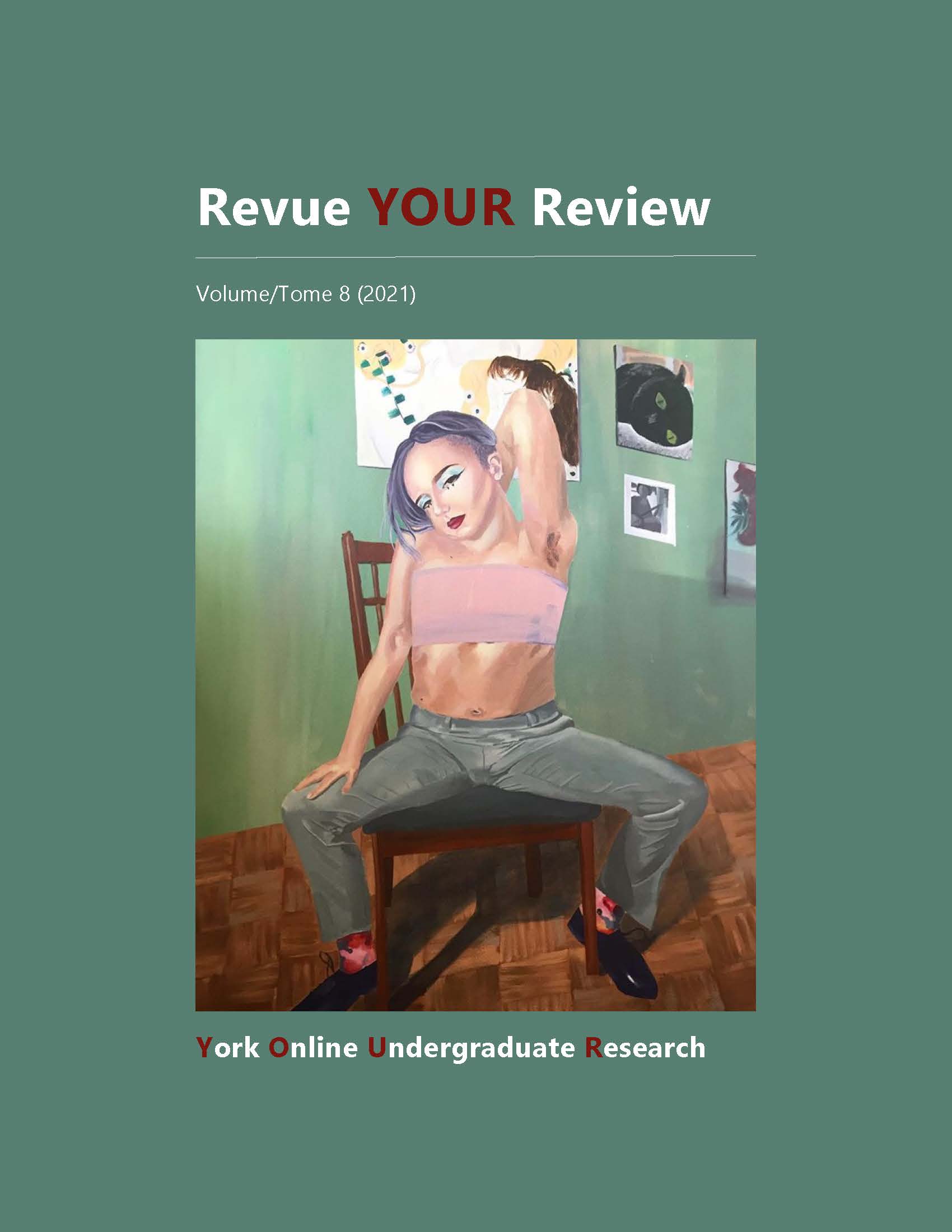Legalizing MDMA-Assisted Psychotherapy for the Treatment of Trauma-Related Mental Health Disorders
Keywords:
3, 4–methylenedioxymethamphetamine (MDMA), MDMA-assisted psychotherapy, trauma, treatment-resistant, post-traumatic stress disorder (PTSD)Abstract
3, 4–methylenedioxymethamphetamine, or MDMA as it is commonly known, is classified as a “Schedule 1” substance in Canada and the United States. For decades, the compound has been shrouded by the stigma of being a dangerous party drug thought to kill brain cells and be severely addictive. However, when it was originally discovered, it was experimentally used in clinical settings as an adjunct to therapy. This idea is now resurfacing as researchers are turning back to MDMA as an innovative way to treat trauma-related mental health disorders like post-traumatic stress disorder. Considering the limitations of existing treatments for trauma-related disorders, MDMA’s pharmacological and psychological effects, and the growing body of methodologically sound research on MDMA-assisted psychotherapy, legalizing this type of therapy could provide much-needed relief to people struggling with the severe, painful, lifelong effects of trauma and related psychological disorders.
Downloads
Published
How to Cite
Issue
Section
License
Copyright (c) 2021 Prakash Thambipillai

This work is licensed under a Creative Commons Attribution-NoDerivatives 4.0 International License.
Authors contributing to Revue YOUR Review agree to release their articles under one of three Creative Commons licenses: Creative Commons Attribution 4.0 International; Creative Commons Attribution-NonCommercial 4.0 International; or Creative Commons Attribution-NoDerivatives 4.0 International. All editorial content, posters, and abstracts on this site are licensed under Creative Commons Attribution-NoDerivatives 4.0 International. For further information about each license, see:
https://creativecommons.org/licenses/
In all cases, authors retain copyright of their work and grant the e-journal right of first publication. Authors are able to enter into other contractual arrangements for the non-exclusive distribution of the e-journal's published version of the article (e.g., post it to an institutional repository or publish it in a book or in another journal), with an acknowledgement of its initial publication in this e-journal.


